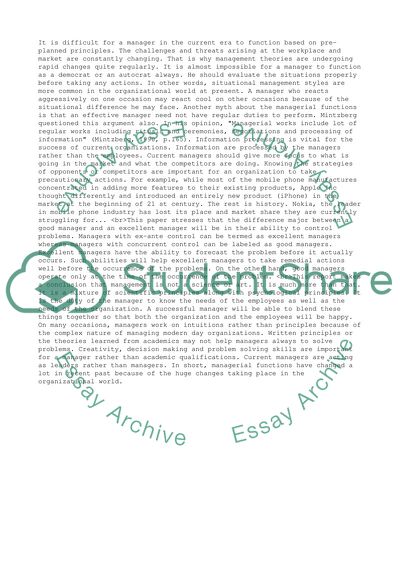Cite this document
(“Managerial Works Essay Example | Topics and Well Written Essays - 2000 words”, n.d.)
Managerial Works Essay Example | Topics and Well Written Essays - 2000 words. Retrieved from https://studentshare.org/management/1469091-managerial-works
Managerial Works Essay Example | Topics and Well Written Essays - 2000 words. Retrieved from https://studentshare.org/management/1469091-managerial-works
(Managerial Works Essay Example | Topics and Well Written Essays - 2000 Words)
Managerial Works Essay Example | Topics and Well Written Essays - 2000 Words. https://studentshare.org/management/1469091-managerial-works.
Managerial Works Essay Example | Topics and Well Written Essays - 2000 Words. https://studentshare.org/management/1469091-managerial-works.
“Managerial Works Essay Example | Topics and Well Written Essays - 2000 Words”, n.d. https://studentshare.org/management/1469091-managerial-works.


